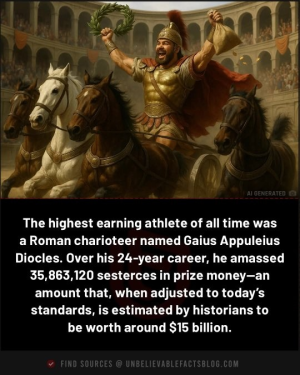Hmm. *wince* I'm sure there have been similar wars before then and since then, but that one was the most blatant of its kind.

I'm not trying to make excuses for the British; clearly this is a horrible reason to start a war. But they had no idea how addictive opium was. (Once it became clear how addictive opium was, the medical establishment started experimenting with the best-known (and illegal) drugs -- e.g. opium, cocaine, heroin, marijuana -- to see which worked best as a painkiller).
Also, medical science was so much at its infancy in the 1830s, that if you were so injured that they had to saw your arm or leg off, the only anesthetic was alcohol ... or a big hammer.

Compared to that, a dose of opium seems like a godsend. But how (and where) could they grow it in sufficient quantity? *shrug*
Medical science was even less advanced in the 1600s ... when, to "cure" (or treat) syphilis, some doctors had their patients bathe in liquid mercury.

Queen Elizabeth's (and other fashionable ladies') make-up was laced with lead. And so on.
No-one ever said history had to be nice!




